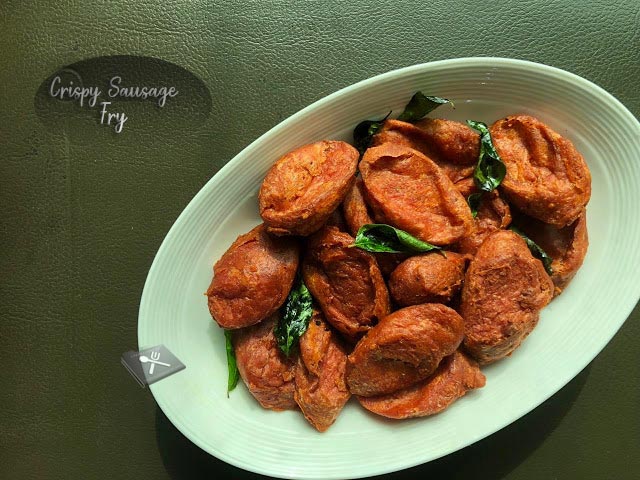There are many myths that are heard in most kitchens, most of them without a grain of truth. While mankind evolutes, interest in science grows, research made in this direction periodically disassembling a myth dollop.
Myth #1: Peppers pungency is mostly located in the seeds.
Capsaicin, the substance responsible for the peppers pungency is located in the white veins from inside the pepper. The seeds contain only a little to no capsaicin at all, but are pungent because while slicing the pepper capsaicin spurts them.
Myth #2: The greatest part of alcohol used in cooking evaporates once the boiling point is reached.
For complete alcohol evaporation a couple of boiling hours at a high temperature are needed.
Myth #3: Roasting meat helps keep it juicy on the inside.
Roasting meat does not influence its juiciness. The goal of roasting meat is caramelizing the exterior thus intensifying its flavor through a series of chemical reactions.
Myth #4: Marinating tenderizes the meat.
Even though there’s a grain of truth in this myth, a few comments must be made: marinating has this effect only if an acid substance is used, and even then the effect is limited. The acid partially destroys the surface proteins.
No matter how much meat is left to marinate, it will not be affected by this reaction for over more than a few surface millimeters.
Even with this limited effect, marinating is useful in the case of tougher meat, as veal.
Myth #5: Salting beans at the beginning of cooking keeps them hard.
Actually, it’s recommended to salt food at the beginning of cooking for it will taste better than food salted at the end because of the accentuated infiltration of flavors.
Myth #6: You don’t have to salt meat before preparing it.
Many domain researches have proved that the taste of meat that has been salted before cooking is better than the taste it has if salted at the end. This myth sustains that by salting the meat before cooking its juice is lost.
This isn’t true unless a normal amount of salt is used, the meats juice not being altered at all.
Myth #7: You shouldn’t wash mushrooms because they become oversaturated with water.
There is a grain of truth in this myth. If we leave the mushrooms covered with water for a couple of hours, they will saturate with water. If we just rinse and then use, or dry them, then the amount of absorbed water is insignificant.
Myth #8: Adding salt or oil in the water in which pasta is boiling will prevent it from sticking.
Salt is added in the water in which pasta is boiling just to add some taste. Oil doesn’t do anything because water and oil don’t mix, so oil will always float above the water. Preventing pasta prom sticking can be assured by adding it in a large pot of boiling water and stirring especially at the beginning.



0 Comments